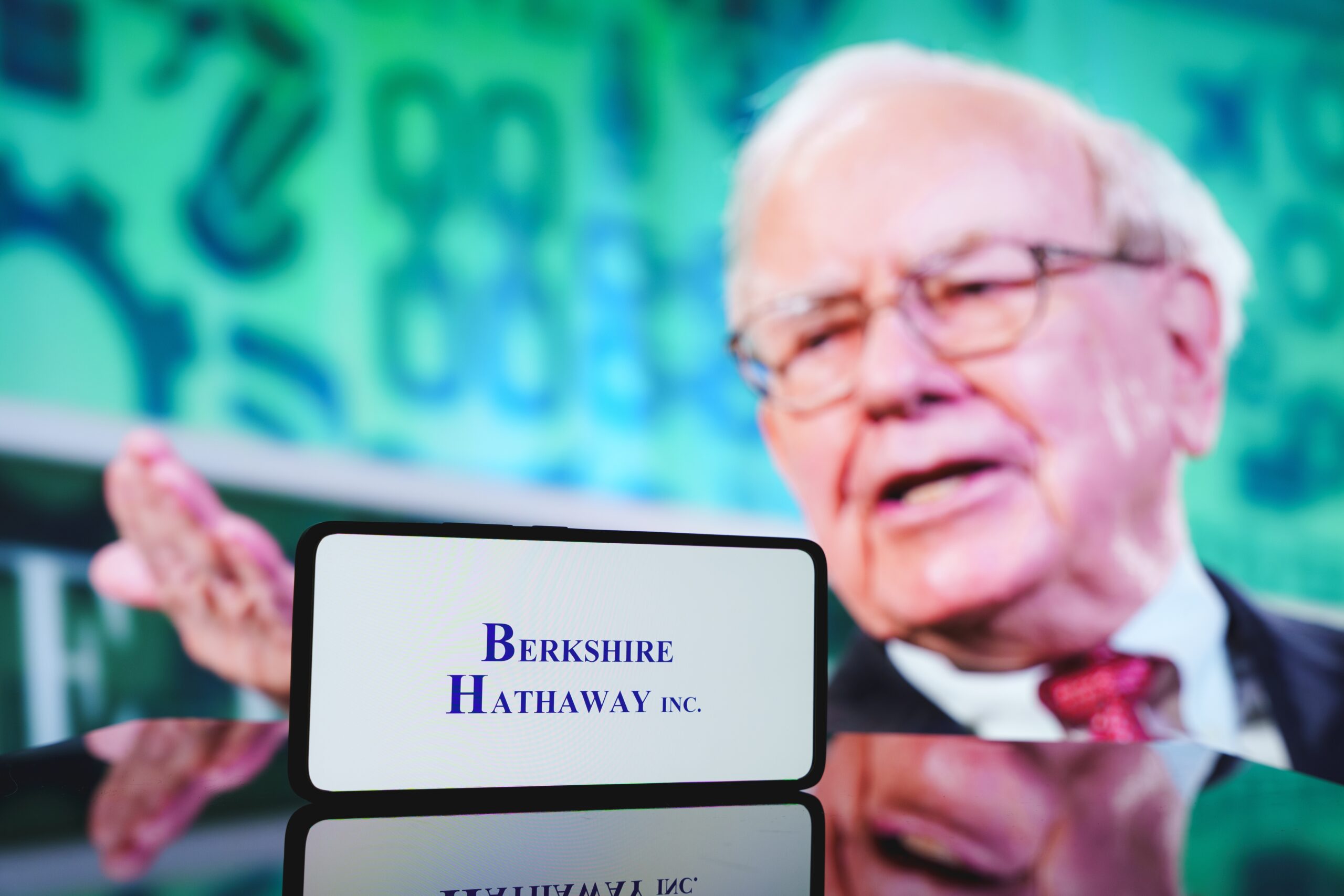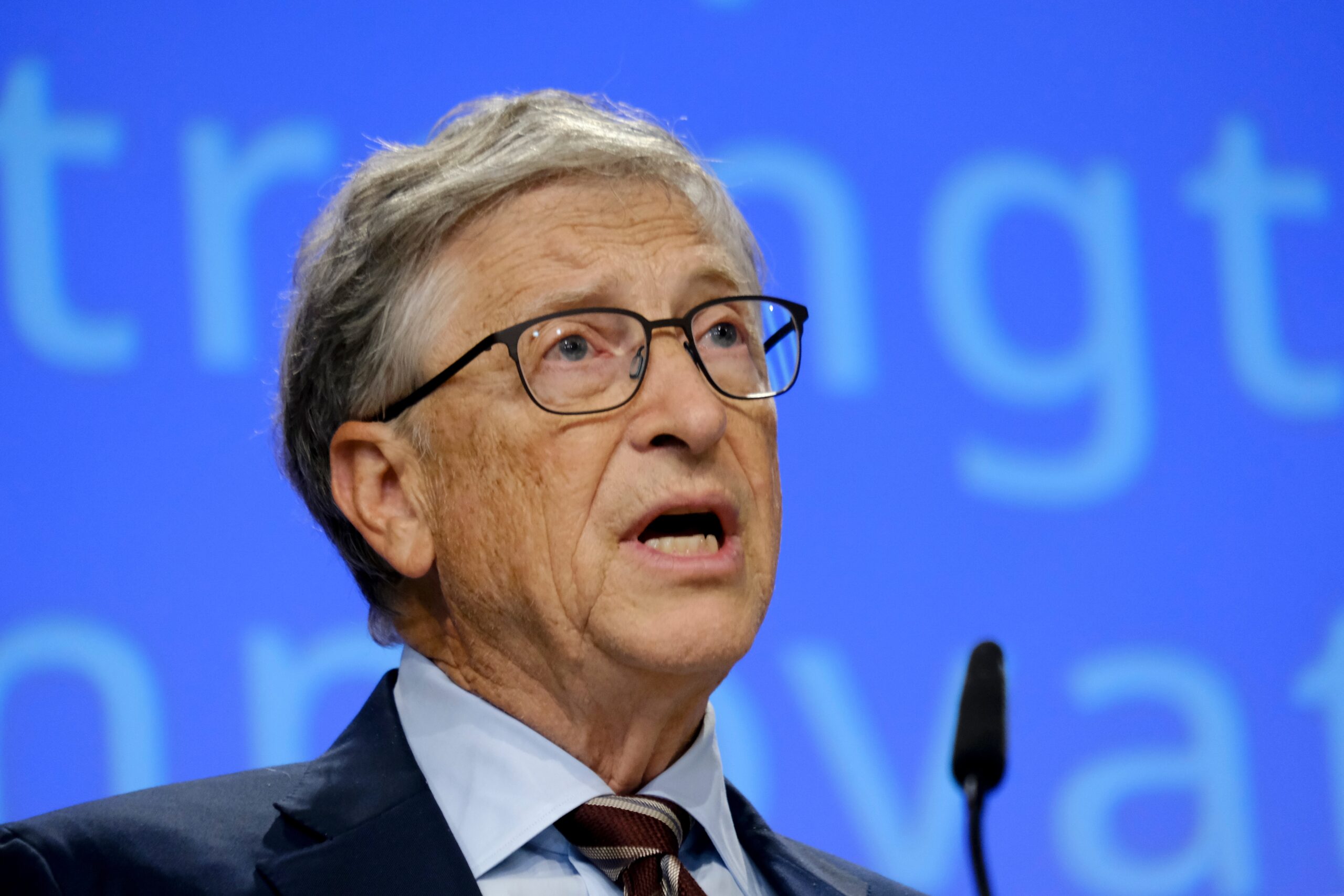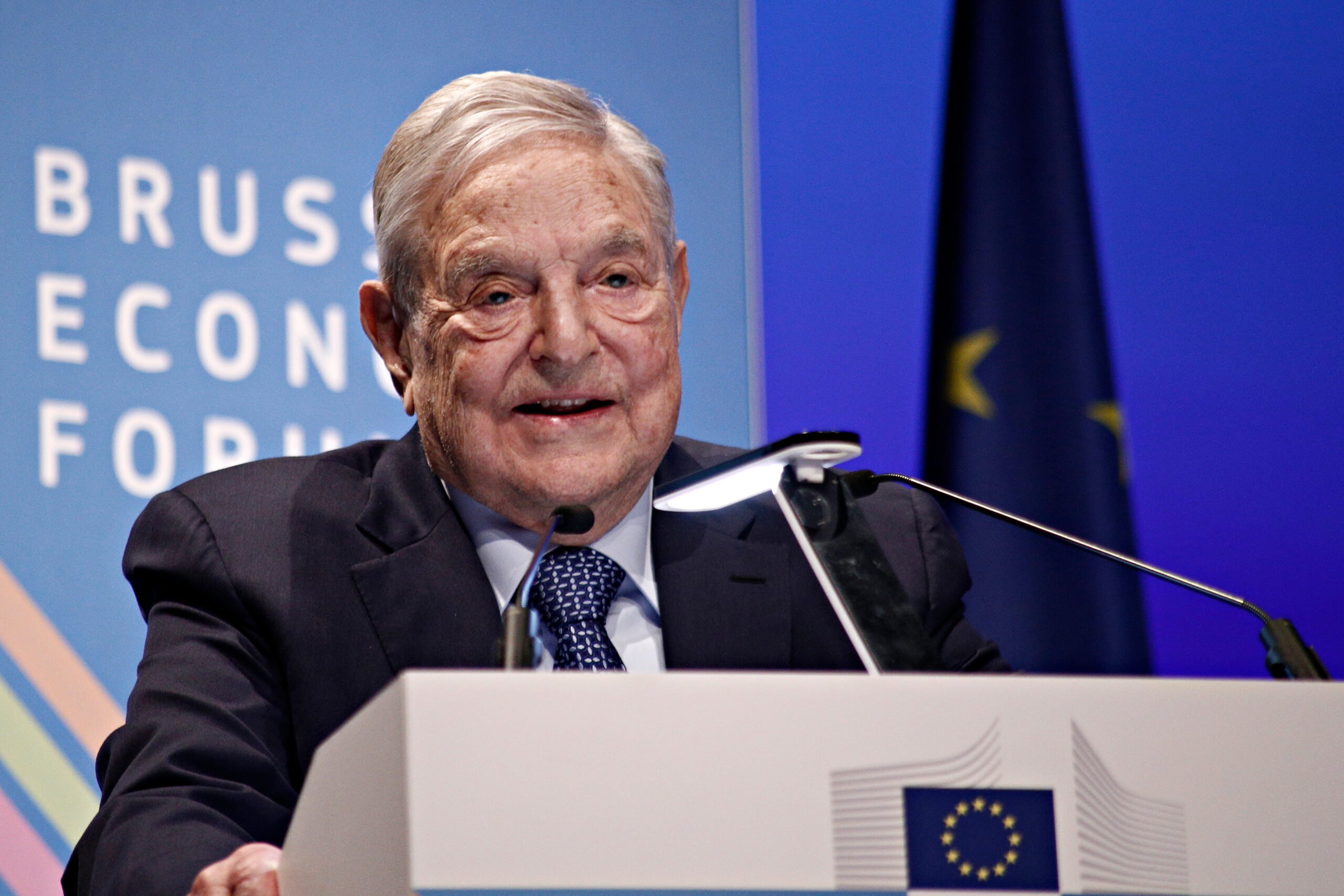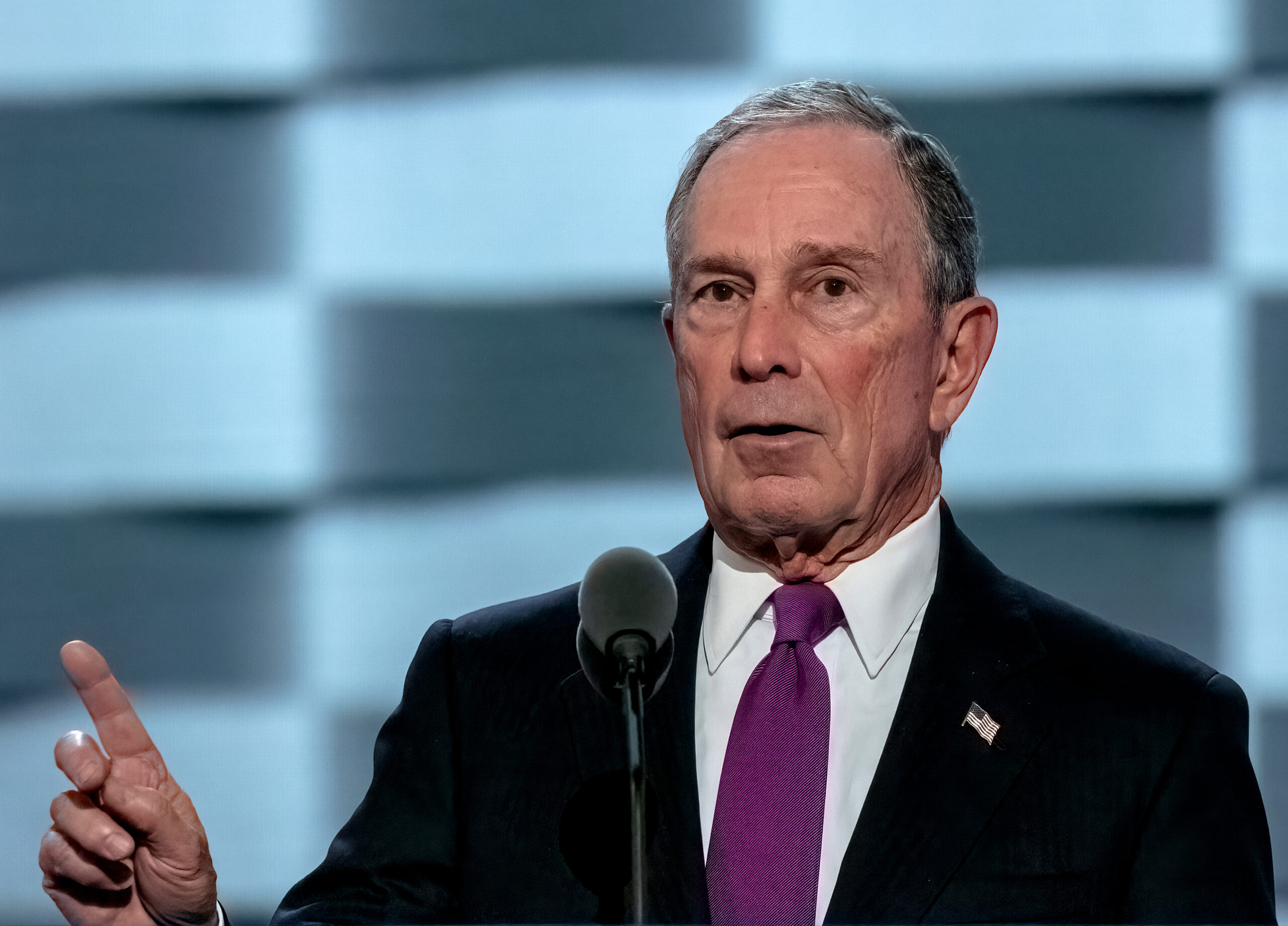In the sprawling landscape of American economic and political life, a select group of individuals wields disproportionate influence, often referred to as oligarchs. These are not just wealthy individuals; they are power brokers whose decisions and actions can have far-reaching impacts on industries, policies, and even global economies. As we explore this list, it’s essential to understand that their power comes not only from their financial assets but also from their strategic positions in various sectors. Let’s dive into the profiles of these influential figures and see how they shape our world.
1. Elon Musk: The Tech Titan With A Tricky Reputation

Elon Musk, the visionary CEO of companies like Tesla and SpaceX, is more than just a billionaire—he’s a cultural icon who has transformed industries. According to Forbes, Musk has leveraged his innovations to push the boundaries of technology, aiming to revolutionize everything from electric vehicles to space travel. His bold business decisions and public persona make headlines, creating a blend of admiration and controversy. By controlling companies at the forefront of sustainability and innovation, Musk has positioned himself as a key player in the future of technology and energy.
Despite controversies surrounding his management style and public statements, Musk’s influence remains undeniable. He has shown a remarkable ability to disrupt traditional industries and inspire a new generation of entrepreneurs. His ventures into space exploration and high-speed transportation are not just business pursuits but are reshaping how we think about the future of human civilization. Musk’s role in shaping public discourse, especially through social media, adds another layer to his powerful reach.
2. Jeff Bezos: The E-commerce Emperor

Jeff Bezos, the founder of Amazon, has redefined the retail landscape, changing how consumers shop and how businesses operate. With Amazon’s expansion into cloud computing, digital streaming, and AI, Bezos has built an empire that touches nearly every aspect of our daily lives. As reported by CNBC, his influence extends beyond commerce, as he has ventured into media with the purchase of The Washington Post, and into space with Blue Origin.
Bezos’s strategic focus on customer satisfaction and innovation has set new standards in the industry, pushing competitors to rethink their business models. His philanthropic efforts, while sometimes critiqued, also play a significant role in how he is perceived in public life. The sheer scale of Amazon’s operations means that Bezos’s decisions can cause ripples across the global economy, affecting supply chains and labor markets worldwide. His legacy, though complex, underscores a profound impact on technological and cultural aspects of society.
3. Warren Buffett: The Sage Of Omaha

Warren Buffett, the chairman and CEO of Berkshire Hathaway, is widely recognized as one of the most successful investors of all time. Known for his value investing philosophy, Buffett’s financial acumen and ethical business practices have earned him the moniker “The Sage of Omaha.” His is investment decisions are closely watched by the business world, often influencing market trends and stock prices as Bloomberg has reported
Buffett’s approach extends beyond financial markets, as he has pledged significant portions of his wealth to philanthropy, particularly through the Giving Pledge, co-initiated with Bill Gates. His straightforward lifestyle and candid communication style have endeared him to both investors and the general public. Through his charitable commitments, Buffett aims to address critical social issues, reflecting a broader impact beyond the business sphere. His influence is characterized by a blend of financial power and a commitment to giving back to society.
4. Bill Gates: The Tech Pioneer Turned Philanthropist

Bill Gates, co-founder of Microsoft, is a name synonymous with the personal computer revolution. While he has stepped away from day-to-day operations at Microsoft, his influence persists through the Bill & Melinda Gates Foundation. This philanthropic powerhouse tackles global challenges like infectious diseases, poverty, and education. Gates’s strategic vision and resources have made a significant impact on health initiatives worldwide, contributing to efforts like vaccine development and distribution.
His transition from tech mogul to philanthropist highlights a shift in his focus towards solving some of the world’s most pressing issues. Gates’s advocacy for scientific research and innovation continues to resonate, as he leverages his influence to drive change and foster collaborations. The foundation’s work underscores a commitment to long-term solutions and sustainable development. Through these efforts, Gates maintains a prominent role in shaping global health and economic policies.
5. Mark Zuckerberg: The Social Media Mogul

Mark Zuckerberg, the co-founder and CEO of Facebook (now Meta), has redefined how we communicate and connect in the digital age. Under his leadership, Facebook has grown into a social media behemoth with billions of active users worldwide. This vast platform grants Zuckerberg immense influence over public discourse, societal trends, and even political landscapes. His decisions regarding privacy policies, content moderation, and algorithmic changes have sparked significant debates and discussions.
Zuckerberg’s vision for the future, including ventures into virtual reality and the metaverse, continues to shape the trajectory of technology. However, his influence is accompanied by scrutiny, as issues like data privacy and misinformation have come under intense examination. Despite controversies, Zuckerberg’s role in revolutionizing digital communication and social interaction remains unquestionable. His impact on society extends beyond technology, touching cultural and political realms as well.
6. Larry Page and Sergey Brin: The Google Geeks

Larry Page and Sergey Brin, the co-founders of Google, have had a profound impact on internet accessibility and information sharing. Their creation, Google Search, has become the go-to tool for information gathering, fundamentally changing how people access knowledge. As they transitioned from Google to the parent company, Alphabet Inc., their focus expanded into diverse areas like artificial intelligence, autonomous vehicles, and life sciences. This innovation-driven mindset has kept them at the forefront of technological advancements.
Though they have stepped back from day-to-day operations, their legacy continues to influence Google’s strategic direction. Page and Brin’s commitment to innovation and exploration of futuristic technologies keep them relevant in discussions about the digital economy. Their contributions to the tech industry emphasize the importance of continual evolution and adaptation in a rapidly changing world. The duo’s impact on digital infrastructure and technological progress remains a cornerstone of their enduring influence.
7. Charles Koch: The Politically Motivated Industrialist

Charles Koch, chairman and CEO of Koch Industries, has built one of the largest private companies in the U.S., with interests spanning oil, chemicals, and consumer goods. Beyond his industrial influence, Koch is known for his significant involvement in political advocacy and policy shaping. Through various organizations and initiatives, such as Americans for Prosperity, he has championed free-market principles and libertarian ideas. Koch’s political investments have played a role in shaping policy debates and electoral outcomes.
Despite criticism of his environmental record and political strategies, Koch’s influence on American politics is palpable. His advocacy for deregulation and limited government intervention aligns with his broader business philosophy. By leveraging his vast resources and networks, Koch continues to impact legislative agendas and public opinion. His dual role as an industrial titan and political influencer underscores a multifaceted power that extends across economic and political spheres.
8. George Soros: The Financial Philanthropist

George Soros, renowned for his success in hedge fund management, is a prominent figure in finance and philanthropy. His Open Society Foundations have supported initiatives promoting democracy, human rights, and social justice worldwide. Soros’s commitment to these causes reflects a broader vision of fostering open, tolerant societies. His financial contributions to progressive movements and political causes have made him a polarizing figure in some circles.
Soros’s influence extends beyond monetary support, as his philosophies on democracy and governance continue to inspire debates and discussions. He has used his platform to advocate for issues like income inequality and refugee rights, highlighting the intersection of finance and social change. Despite facing criticism and conspiracy theories, Soros remains steadfast in his efforts to promote equitable and inclusive policies. His legacy is characterized by a blend of financial prowess and a dedication to transformative social impact.
9. Michael Bloomberg: The Media Magnate and Political Influencer

Michael Bloomberg, founder of Bloomberg LP and former mayor of New York City, is a prominent figure in media, politics, and philanthropy. His company, Bloomberg LP, is a leading financial data and media powerhouse, shaping how financial markets operate. Bloomberg’s transition into politics and philanthropy reflects his broader ambition to influence public policy and address global challenges. His focus on issues like climate change and public health has positioned him as a significant voice in contemporary policy discussions.
Bloomberg’s philanthropic initiatives, such as Bloomberg Philanthropies, underscore his commitment to impactful social change. His support for gun control, education reform, and environmental sustainability highlights a multifaceted approach to addressing complex issues. Though his political aspirations, including a presidential bid, have faced challenges, Bloomberg’s influence remains substantial. His impact is marked by a blend of business acumen and a dedication to leveraging resources for societal benefit.
10. Peter Thiel: The Unconventional Venture Capitalist

Peter Thiel, co-founder of PayPal and influential venture capitalist, is known for his unconventional approaches to business and investment. His early investments in companies like Facebook have solidified his reputation as a visionary in the tech industry. Thiel’s interest in futuristic technologies, including artificial intelligence and biotechnology, underscores his forward-thinking approach to innovation. His contrarian views on topics like higher education and government regulation have sparked significant debate and discussion.
Thiel’s influence extends into the realms of politics and public policy, where he has supported libertarian and conservative causes. His advocacy for technological progress and skepticism of traditional institutions highlight a complex and nuanced perspective. Despite controversy, Thiel’s role in shaping tech innovation and public discourse remains significant. His impact is characterized by a blend of strategic investments and a willingness to challenge conventional wisdom.
This article is for informational purposes only and should not be construed as financial advice. Consult a financial professional before making investment or other financial decisions. The author and publisher make no warranties of any kind.








